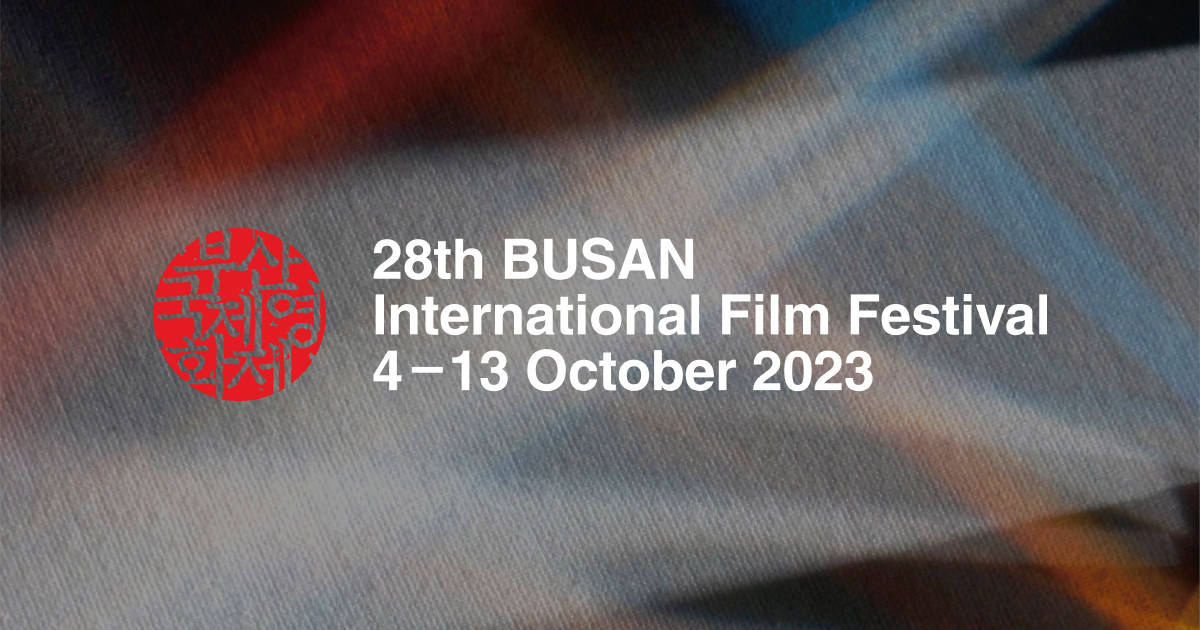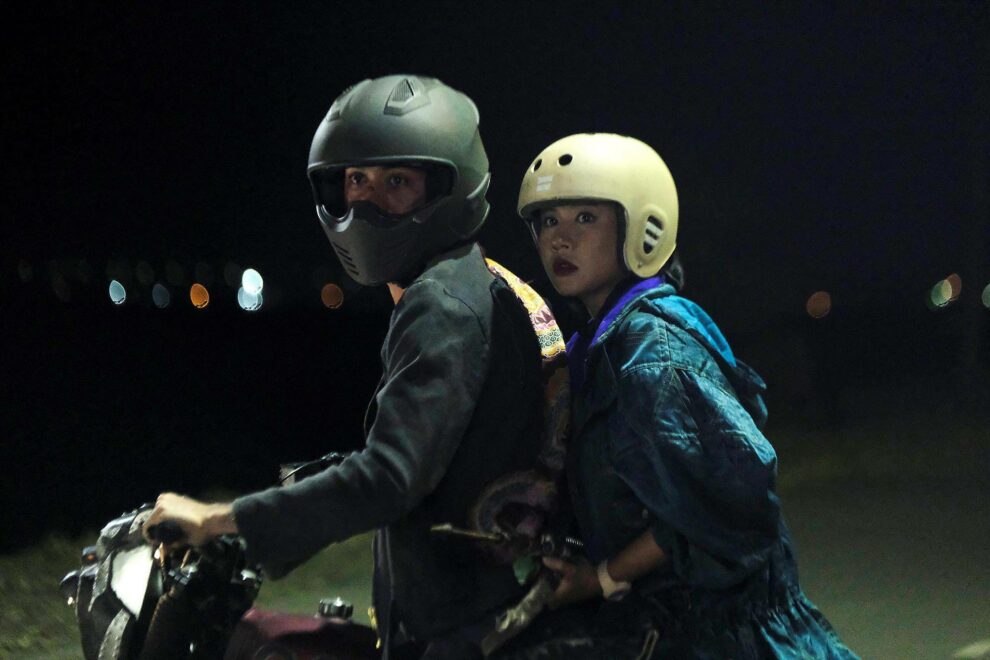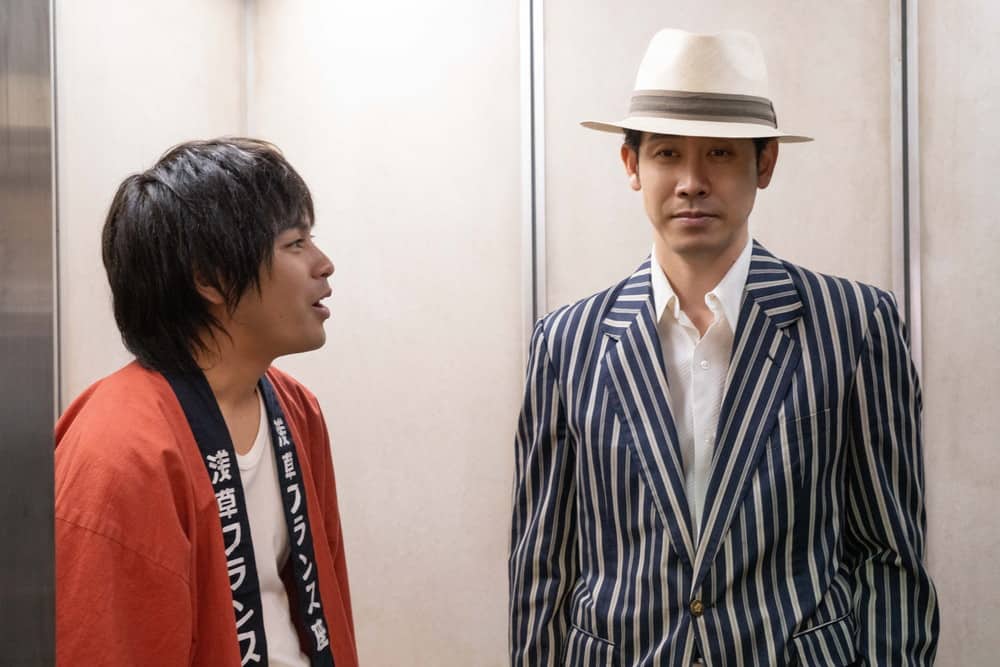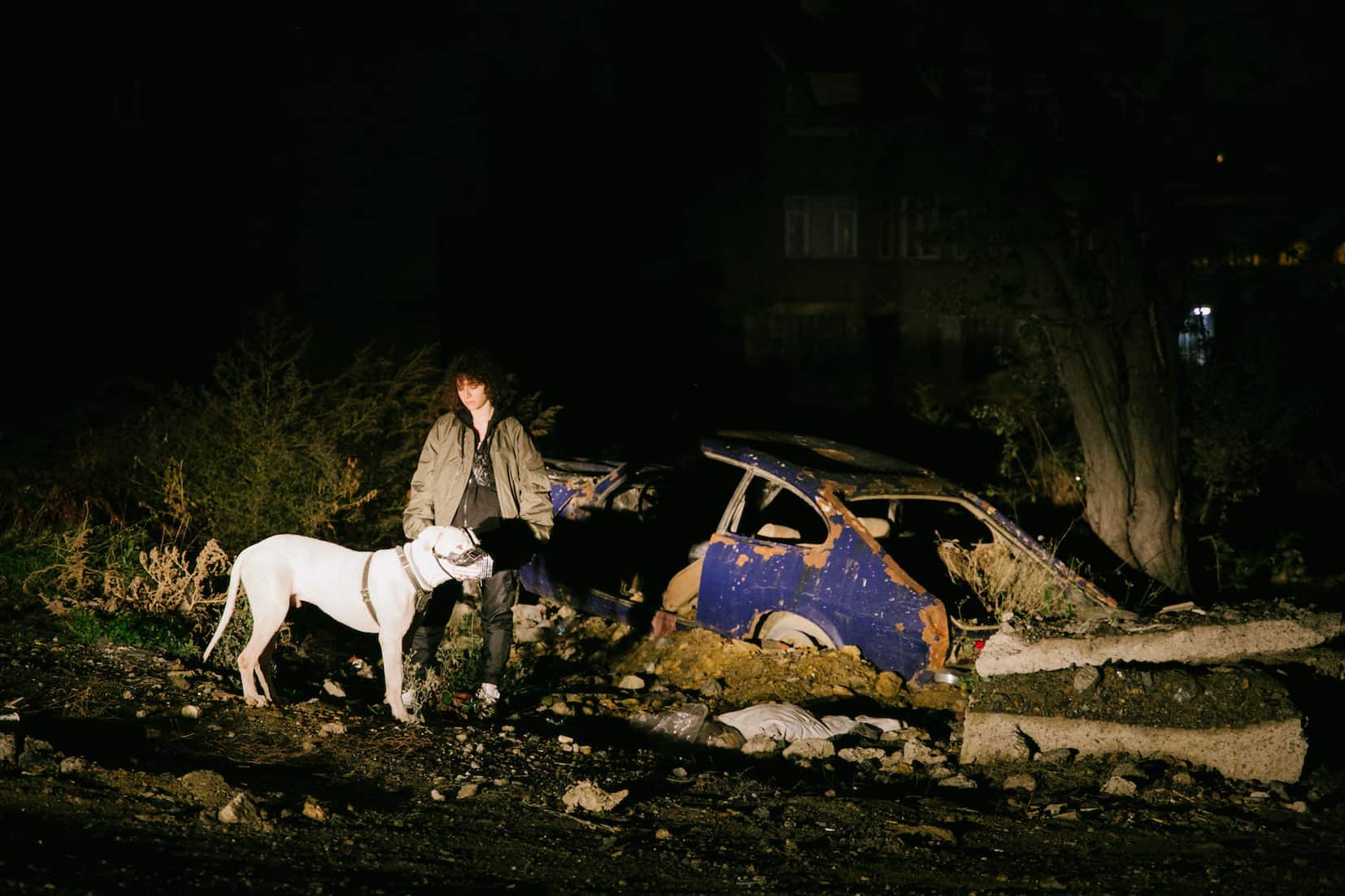Locarno and Busan favorite Yosep Anggi Noen returns to the latter this year with a truly different style from him, which combines elements of crime, action, martials arts, and mystery, in a package that also includes some of the most popular actors in Indonesia at the moment.
24 Hours with Gaspar is screening at Busan International Film Festival

The script is based on the homonymous novel by Sabda Armandio, and takes place in 2032, an era, though, that does not seem that much different than today, particularly since the rich continue to pray on the poor. Gaspar is a detective with unusual methods, who has garnered, though, the sympathy and occasionally even awe of the locals for his abilities. During one of his investigations, regarding a mass slaughter case involving the government, he stumbles upon an informant that gives him hints about his childhood friend Kirana. Everything points towards Wan Ali, a human trafficker who also seems to have a connection with Babaji, the man who took Gaspar in as an orphan, and Bachtiar, another crook. Eventually, Gaspar, who is being shadowed by Agnes and a bit later, Kick, tries to bring together a team against Wan Ali, but finds a number of obstacles in his path, including the fact that he has 24 hours before he dies of his heart condition.
It is easy to say that Noen's first foray into genre is chaotic, on a number of levels. A number of stories intermingle and clash with each other, involving a number of characters, whose behavior, past, and overall mentality are not exactly clear. Gaspar is definitely among them, in a style, though, that starts making much more sense as the story progresses, while retaining an entertaining sense of disorientation up to that point.
Check also this interview
And although the chaos works for a time, also due to the charisma of actors like Reza Rahadian, Shenina Cinnamon (in a rather unusual techno-punk appearance) and Laura Basuki, the sense of measure definitely becomes lost after a point, with the film becoming convoluted and overbearing. Probably in an effort to include as many characters and events of the book in the film, Noen went overboard, essentially coming up with a narrative that stops making sense, and a number of characters that are just there to move the story forward. Essentially, one could say that the whole thing would be better suited for a tv series, which was forcefully condensed into 98 minutes here.
Lastly, the effort to introduce some humoristic moments, such as the one with the “interrogation” of the old lady and the “raid”, do not work at all. Probably the most interesting thing regarding the narrative is how the protagonist is kind of an a**hole, as the reactions of the people around him also show, in a way, though, that is humorous weirdly.
On the other hand, technically the film is definitely on a high level. Teoh Gay Hian's cinematography manages to present images that look polished and dirty at the same time, also resulting in a very appealing techno-noir style, in combination with the coloring. Furthermore, the fight scenes are impressive, particularly when they are brutal, while the sci-fi element also works well, even if briefly. Akhmad Fesdi Anggoro's editing results in a pace that is frequently, fittingly frantic, while the music is definitely a plus.
Yosep Anggi Noen knows how to shoot movies, that is for sure and this is obvious also in “24 Hours with Gaspar”. However, the issues with the writing and essentially the narrative, are significant, resulting in a movie that is impressive but lacks logic and measure.















